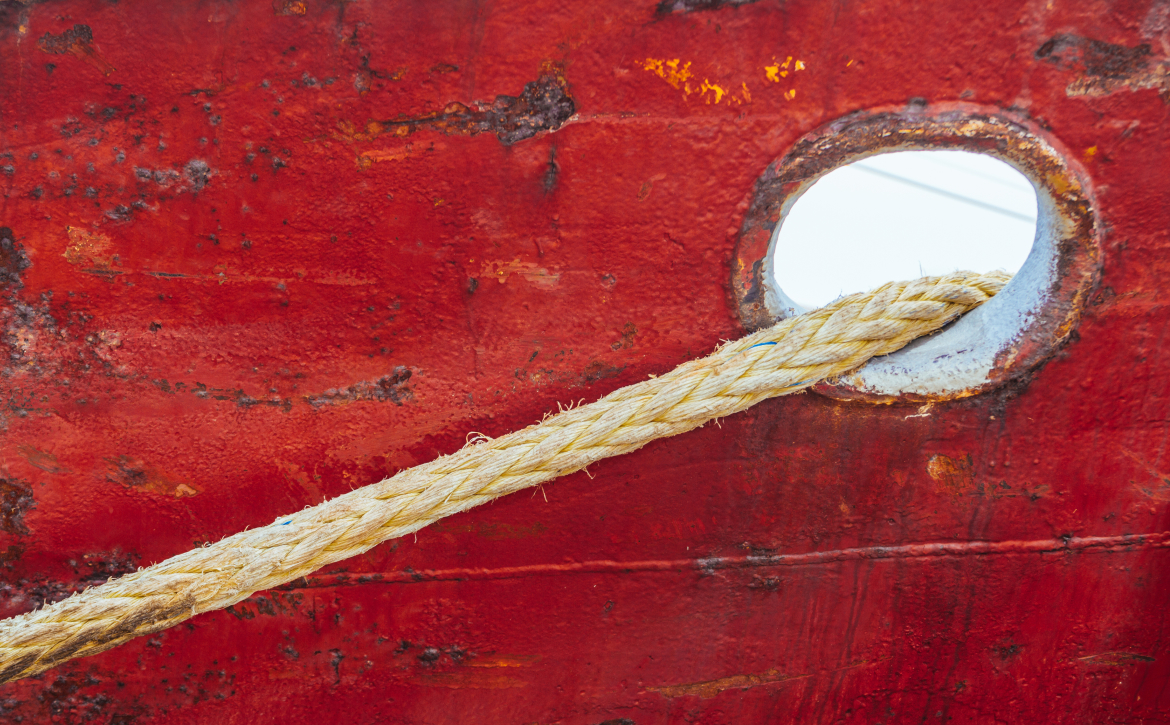On 28 November 2012, the Minister for Home Affairs, Jason Clare, introduced the Customs Amendment (Miscellaneous) Bill 2012 (the Bill) into the House of Representatives. These amendments were canvassed in the Australian Customs and Border Protection Notice No 2012/67 of 29 November 2012.
The principal amendment creates a new strict liability offence for bringing ‘restricted goods’ into Australia. A number of minor amendments were also introduced which may affect importers.
Restricted good
Part 1 of the Bill creates a new strict liability offence for bringing ‘restricted goods’ into Australia. The maximum penalty being proposed is 1,000 penalty units ($110,000).
The coverage of the ‘restricted goods’ definition will be determined by regulation and drawn from Customs’ list of prohibited imports. Customs and Border Protection will be empowered to declare a prohibited import a ‘restricted good’ without the need for legislative amendment. As it will be a strict liability offence, an individual will be deemed to have committed the offence regardless of fault or intention.
It is already an offence to import prohibited goods per section 233(1)(b) of the Customs Act 1901. The key difference between the current regime and the proposed regime is the need for the intention to import. Under the current legislation, if a person does not intend to import a prohibited item those goods cannot be seized by Customs. Under the proposed legislation, an official will be able to seize the restricted goods, regardless of whether or not the individual intends to import them. This will have ramifications for crew members who have restricted goods in their personal possession.
In addition to the strict liability defences in the Criminal Code, the Bill provides an exception. The exception will permit an individual to bring in restricted goods into Australian if they have the written permission of the Minister. This highlights the importance of ensuring goods have not been declared ‘restricted goods’ by Customs and that written permission has been obtained if they are.
Valuation of Imported Goods
Earlier this year we published an article highlighting proposed amendments to the “Production Assist Costs” provisions of the Customs Act 1901. Hunt & Hunt also made a submission responding to the Government’s proposed changes.
Part 3 of the Bill before the House seeks to amend how imported goods are valuated. Currently, costs are determined by the sum paid. This means that the cost of acquisition is treated as zero where goods were provided free of change by the buyer to the seller and the material was acquired free of charge by the buyer from a third party. If the proposed legislation is successful, costs of those goods will be determined by their inherent value, not how much was charged.
Reports of Cargo Reporters
Under s64AAB, a cargo reporter must make a report within a certain period. As per s64AA(3), this reporting period will depend on the estimatedtime of arrival. Penalties may be awarded under ss64AAB (6) and (7) if reports are not made within the requisite timeframe.
Part 6 of the Bill will insert a new exception. A person will not be prosecuted or issued with an infringement if the report of the cargo reporters is made after the estimated time of arrival but before theactual arrival of the ship.
Warehouse Licence
Currently, the CEO of Customs and Border Protection can only grant or refuse an application for a depot or warehouse licence. The amendments in Part 5 the Bill will allow the CEO to request further information from the applicant within a specified period. Whilst this could have the effect of extending the overall process, it is likely to decrease the need for numerous re-applications.
Eectronic Reporting
Part 8 of the Bill removes the redundant provisions of s64AB, which refer to the general moratorium period. This period permitted electronic or paper based reporting whilst the industry transitioned to the integrated cargo system (ICS). This moratorium period ended in October 2007 and importers are now required to submit all cargo reports electronically.
Other Amendments
The Bill also includes a number of other minor amendments. These amendments will affect the importation of self-powered ships and aircraft; repeal legislation which introduced the accredited client program; and allow for the designation of Customs controlled areas on ‘crew only’ transport.





